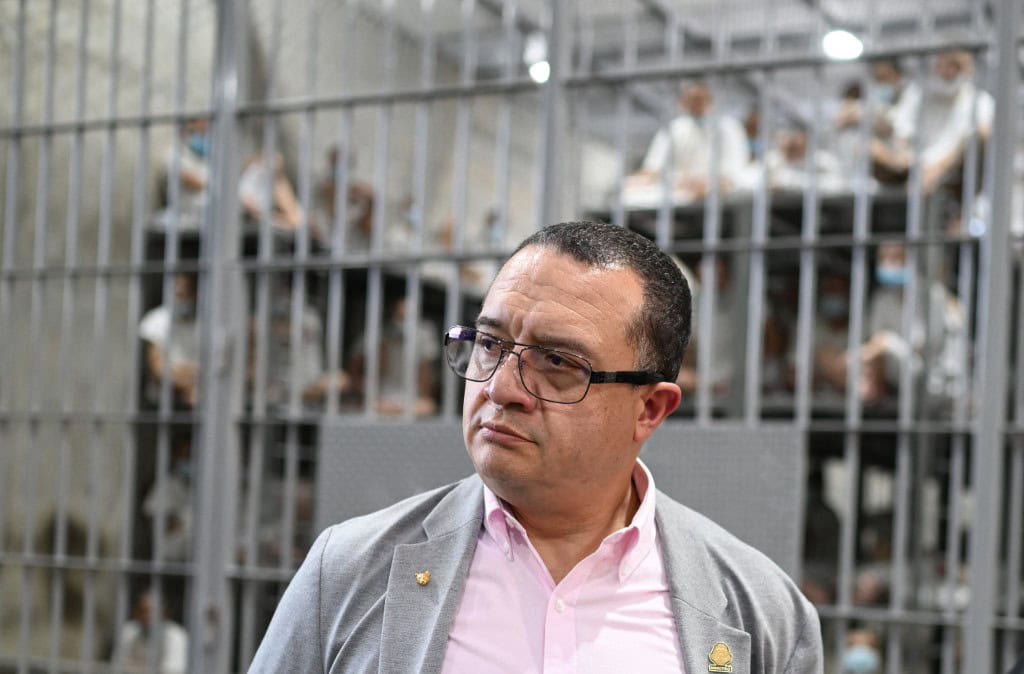The Costa Rican government, under President Rodrigo Chaves, has implemented stringent new regulations for inmates in maximum-security prisons, drawing inspiration from El Salvador’s controversial anti-gang crackdown led by President Nayib Bukele. The reforms, announced by the Ministry of Justice and Peace, impose significant restrictions on family visits, conjugal visits, telephone calls, and parcel deliveries, prompting widespread criticism and protests.
Under the new policy, family visits are limited to once a month, a sharp reduction from previous allowances. Conjugal visits are now restricted to partners with a “proven relationship” and permitted only once every two months. Inmate telephone privileges have been curtailed to ten minutes per week, and packages from relatives are accepted just once monthly, with only essential items allowed. The government also plans to expand maximum-security cells from 80 to 1,000 and is collaborating with El Salvador to build a $35 million high-security prison, modeled after El Salvador’s CECOT mega-prison, at a $25 million cost saving.
Justice and Peace Minister Gerald Campos defended the measures at a press conference, emphasizing the need to curb contraband and restore order in the penitentiary system. “This government is concerned about the fundamental rights of victims and of all citizens who comply with and respect the rights of others,” Campos stated.
He clarified that the reforms target “intimate visits” rather than conjugal ones, citing instances where inmates reportedly received visits from multiple partners, a practice he deemed unacceptable. President Chaves, also present, insisted the policy is not driven by vengeance but by a commitment to public safety. “No one is taking away the rights of people deprived of liberty,” he said.
The press conference included mothers and relatives of femicide victims, who shared personal stories to underscore the government’s focus on victims’ rights. Campos acknowledged that multiple appeals have been filed with the Constitutional Chamber, particularly to protect conjugal visit rights, signaling potential legal challenges ahead.
The reforms have sparked significant backlash. Approximately 1,000 inmates across Costa Rican prisons initiated a hunger strike to protest the restrictions, particularly the limits on conjugal visits, calls, and packages. In April families of inmates protested outside La Reforma prison, denouncing the measures as violations of human rights.
Human rights organizations and opposition figures have voiced strong objections. The Costa Rican Association of Social Workers warned that the reforms could set back decades of progress in human rights, arguing they disproportionately harm an already vulnerable population. Opposition lawmaker Priscilla Vindas of the Frente Amplio party condemned the measures as part of a broader “dehumanization” of inmates, calling for a reevaluation of the policy’s impact on prisoners’ well-being.
International human rights groups, including Amnesty International, have drawn parallels to El Salvador’s repressive prison policies, raising concerns about the regional trend of adopting harsh measures without sufficient oversight. Critics argue that the restrictions on communication and family contact could hinder rehabilitation and violate international human rights standards.
The government’s adoption of the Bukele model, which includes mass incarcerations and reduced inmate privileges, has fueled debate about balancing security and human rights. While supporters credit Bukele’s approach with reducing gang violence in El Salvador, detractors warn of its authoritarian overtones and potential to erode democratic protections.






